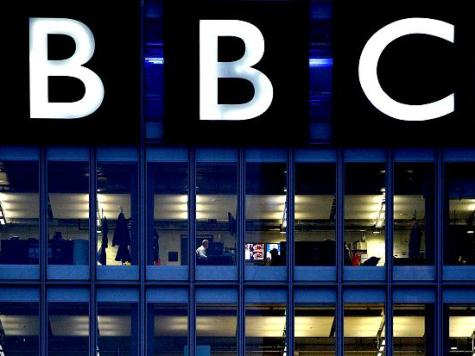The BBC failed to “interrogate immigration rigorously enough” because it has become “a bit pleased with itself”, and is staffed predominantly by “liberal Oxbridge males”, veteran radio interviewer John Humphrys has said. His comments came in an interview with the Sunday Times, in which he also admitted that, in an interview, Margaret Thatcher left him a “gibbering wreck”.
Humphrys claimed that the BBC is recovering from an “existential crisis” brought about by “soft” coverage of the EU and immigration, which they now acknowledge was a mistake. He said that the corporation had become “a bit complacent” over the past few years, ignoring the “massive change” within Britain that came about thanks to immigration.
He points out that “the Labour government underestimated by a factor of 10 the number of people who were going to move from Poland”, a fact that he says was not interrogated rigorously enough, including by himself: “I do remember, vaguely, interviews with ministers at the time and saying, ‘Are you sure that’s all there’ll be?’ And when they said ‘yeah’, accepting it,” he relayed.
As for why this should be, Humprys put it down to arrogance. The BBC employed people who “thought they knew what was best for the country. It was and still is relentlessly middle-class. Unfortunately. There was a predominant voice and that was the liberal Oxbridge male.” He also said that the corporation was “too institutionally nervous of saying, ‘isn’t immigration getting a little bit out of hand? And can we be critical of multiculturalism?'”
The comments came during a wider ranging interview, which took in a range of topics including the resignation of George Entwistle as director general following a car-crash interview with Humphrys on Newsnight’s widely criticised coverage of the Jimmy Savile scandal.
When asked whether the BBC had improved since Entwistle’s departure, he shrugged and replied “The BBC’s always in crisis. I haven’t known a week when it hasn’t been.” The difference was that this time, “people, serious, thoughtful people, talk seriously and thoughtfully about the future of the BBC in a way that they haven’t before”.
Yet reform, for Humprys, doesn’t include the scrapping of the license fee, which Humprys insists is understood to be “essential to the future of the corporation” by any serious, thoughtful person.
A spokesman for the BBC said: “John Humphrys was merely echoing other senior BBC figures who have previously acknowledged that we were slow to reflect changing opinions on immigration. This was a historical issue and we now believe our reporting is in the right place and we cover this complex issue in depth.
“The BBC has a number of schemes to make sure we attract people from all backgrounds, including significantly increasing the number of apprenticeships we offer.”
Humprys also discussed his impoverished childhood living with an alcoholic father, and a cruel headmaster at his school in Cardiff.
On more political topic, he recalled how Margaret Thatcher had reduced him to a “gibbering wreck” by answering his questions in a way that he hadn’t anticipated: it was just before the 1987 election when Thatcher was “at her most powerful. I was wetting myself. The idea was that I would say to her: what is the essence of Christianity? And she was going to say ‘love’, and I was going to say, oh well, you talk about love but you’re a horrible woman, aren’t you? And she’d resign and all of that stuff.”
Instead, Thatcher wrong-footed him by answering “choice”, to which Humphrys had no comeback, leaving him thinking “F***! What? Just a minute, prime minister!”

COMMENTS
Please let us know if you're having issues with commenting.